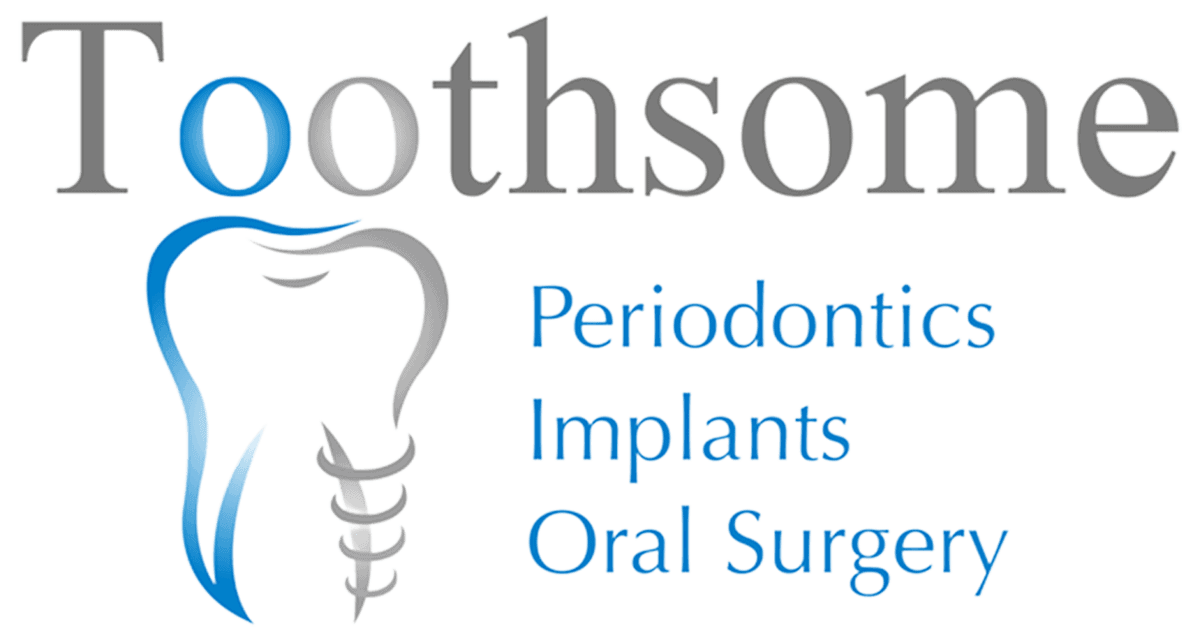
Living with missing teeth can affect you in all areas of your life. In social situations, you might find yourself smiling less or covering your mouth when you laugh. Medically, missing teeth can lead to bone loss in your jaw.
There are several options for fixing missing teeth, both permanent and shorter-term solutions. Dental implants are a permanent option, and they are easy to clean, care for and improve your dental health as well as your self-confidence.
Many Australians with missing teeth are concerned about dental implants’ cost and are intrigued by offers abroad.
Getting your dental implants in Bali might appear cost-effective and appealing at first, but there are several downsides to travelling abroad for dental care.
Dental Implants: The Basics
The implant itself is a small titanium rod that screws directly into your jaw. In the weeks and months following your dental implant surgery, the metal rod fuses to the bone in your jaw through a process called osseointegration.
However, dental implant surgery is only the first of three procedures. Once your jaw bone is healed, which takes anywhere from four weeks to six months, your dentist will need to insert the abutment.
The abutment is a small attachment that your dentist will hook to the titanium implant. This minor surgery will require around two weeks of recovery, after which your dentist takes images in order to design an artificial tooth that reflects your natural smile and fits your mouth.
Lastly, your dentist fits your crown, attaching it to the abutment, to restore your smile.
Dental Implants in Bali: The Risks
Often, the first question patients ask themselves is how much do dental implants cost in Bali versus Australia. However, there are a few other essential questions about dental implants in Bali that you should ask as well. What are their qualifications? How long will I need to stay there to recover? What language do the dentists primarily speak?
The answers to these questions can help you make an informed decision about where to receive your dental implants.
Dental Qualifications
The Dental Board strictly regulates all dentists in Australia. In addition to meeting the education requirements, Australian dentists must continually advance their professional development.
 These requirements mean that Australian dentists remain up to date on new technologies, procedures, and medicines that can make your dental surgery more comfortable. If you get your dental implants in Bali, your dentist will not be registered with the Australian Dental Board, and might not be of the same quality resulting in a poorly executed dental implant surgery.
These requirements mean that Australian dentists remain up to date on new technologies, procedures, and medicines that can make your dental surgery more comfortable. If you get your dental implants in Bali, your dentist will not be registered with the Australian Dental Board, and might not be of the same quality resulting in a poorly executed dental implant surgery.
Recovery Abroad
Even if your recovery time is on the low end of the scale, you’ll still need to rest and eat soft foods for several days after your surgery. Bali is a beautiful place, but you’re unlikely to enjoy it as much with a swollen jaw.
It might also be challenging to find food that follows your dentist’s guidelines abroad. If you’re staying in a hotel, you will likely be eating out at restaurants. Even with a kitchenette, you’ll need to spend time researching and translating your options while shopping.
After surgery, many people find comfort in familiar foods. You might have trouble finding these comfort foods abroad.
Lost in Translation
All registered dentists in Australian must prove their English competency. Because of this regulation, any dentist in Australia can clearly explain all dental procedures and answer any questions.
Complete understanding of your dental surgery is essential for you as a patient. If a dental practice primarily operates in another language, their English might not be clear or understandable. Even if it is, they might not understand your questions correctly.
Back and Forth Travel
The dental implant procedure can be a lengthy one that requires multiple follow up appointments depending on the complexity of your surgery and the position of the dental implant. You might need to travel to and from Bali three, four or even five times.
Even if your dental implants cost less than they would in Australia, you should factor in the costs of travel, lodging, eating out and using your holiday time. You might also want to bring someone with you to help you recover and accompany you back to your accommodation after your surgery.
The costs can rise rapidly. Consider remaining in Australia and having a well-deserved holiday after your dental implants have healed.
Side-Effects or Unanticipated Issues
Unfortunately, sometimes a surgery results in unpleasant or dangerous side-effects. The surgery site could become infected, you could suffer complications from the anaesthesia, or you could have unexpected bleeding.
If you choose to lower your dental implants cost by travelling to Bali, you could face dealing with these side-effects in a foreign country. Your expenses could rise, as your Australian health insurance might not cover all of your emergency care abroad.
If you experience any of the side-effects while in Australia, you can rest assured in the knowledge that Australian regulatory bodies govern your dentist and any other health practitioner.
Dental Implants Cost in Australia
Whilst at first glance, it may seem like your dental implants cost more in Australia than in Bali, there are other factors at play, including travel and lodging costs.
At Toothsome, the team is pleased to work with Zip, offering payment plans to help make your dental implant surgery more affordable. We also offer a Dental Implant Package, which includes the dental implant and the crown.
Dental implant surgery results in long-term savings. Unlike dentures, which need to be replaced every five to seven years, dental implants last a lifetime. You’ll save money on cleaning solutions, denture costs and any medical issues your implants help to prevent.
Schedule Your Consultation Today
Call the Toothsome team today to schedule a consultation and learn more about the benefits of dental implants.
Note: Any surgical or invasive procedure carries risks. Before proceeding, you should seek a second opinion from an appropriately qualified health practitioner.


